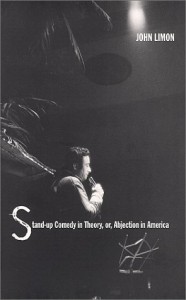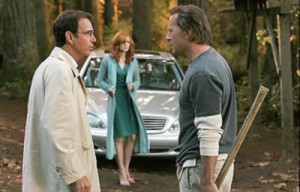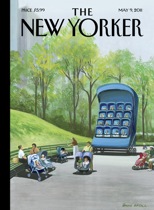 From the introduction to John Limon’s Stand-Up Comedy in Theory, or, Abjection in America, a book I’ve got electronic access to through UA’s web site, but which seems so strong by like page three I’m going to have to just buy a copy and tear it up, highlighteringly:
From the introduction to John Limon’s Stand-Up Comedy in Theory, or, Abjection in America, a book I’ve got electronic access to through UA’s web site, but which seems so strong by like page three I’m going to have to just buy a copy and tear it up, highlighteringly:
The one-sentence version of the theory of this book would state the claim that what is stood up in stand-up comedy is abjection. Stand-up makes vertical (or ventral) what should be horizontal (or dorsal). [. . .] The conclusion of the [Lenny] Bruce essay [which opens the book] is that “stand-up is the resurrection of your father as your child,” which approaches the same point from another angle. What I took as the essential Lenny Bruce moment is the joke (if that is what it is) that concludes “I am going to piss on you” and provokes, at one performance, seventeen seconds of boisterous laughter. What struck me is how phallicly aggressive Bruce was able to make this infantile threat, so that he appeared to the audience as punishing father and naughty son in rapid oscillation, just as his audience had to vibrate (this vibration seems to me the essence of laughter) between terrorized child and permissive parent. The abject gets erected and mobilized in the place of the phallus. To “stand up” abjection is simultaneously to erect it and miss one’s date with it: comedy is a way of avowing and disavowing abjection, as fetishism is a way of avowing and disavowing castration. Fetishism is a way of standing up the inevitability of loss; stand-up is a way of standing up the inevitability of return.
Damn!









